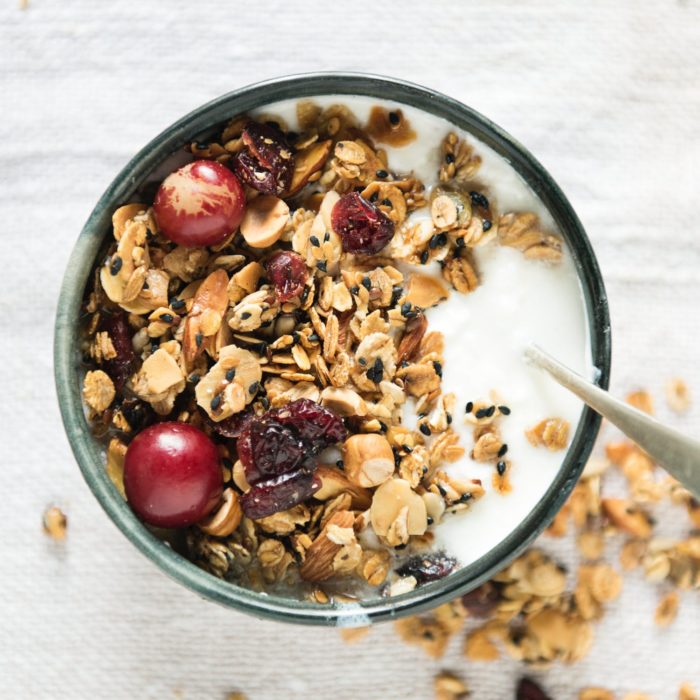What we know about the gut microbiome – the bacteria living in our gut – is much less than what we have yet to learn about it. We know that the microbiome consists of different bacteria and other germs in our intestines that can affect our bodies in different ways. We know that what we eat affects its makeup – eating healthy stuff helps the “good” bacteria thrive, while eating more fatty and sugary foods can make the “bad” bacteria grow.
There is still a lot for us to learn about the microbiome, but let’s cover what you need to know about the new research out there, and how to apply it to your life!
Here’s what’s new in gut microbiome research:
Exercise may affect microbiome diversity, depending on if you do it and how much you do it.
One study found that regular physical activity may increase the types of good bacteria, and those who engaged in more consistent, long-term exercise had higher numbers in amount and types of good bacteria compared than those who were less consistent.
Poor gut health may increase the likelihood of prediabetes and diabetes.
One study published this year showed that people with prediabetes had a different bacteria profile that affected how the body managed sugar and increased inflammation compared to people with normal glucose numbers. This could put people at higher risk of becoming diabetic and having other diseases.
Diversity in the gut microbiome helps you fight off harmful pathogens in the gut.
A study published this past December showed that higher numbers in the types of good bacteria helped create a healthier gut because it made it more difficult for bad bacteria to be able to succeed in fixing themselves to the intestines.
Artificial sweeteners may reduce good bacteria and increase harmful bacteria.
Another study showed that eating more artificial sweeteners (fake sugars, like Splenda and Sunnett) could lower the number of types of good bacteria, which could lower the absorption of many nutrients and cause poorer digestion.
So, what does this mean for you?
- Get moving! Exercise is a key part of staying healthy, and it might even help your gut microbiome do its job better. Start small and work your way up to a regular routine.
- Eat more whole foods and fiber to keep your tummy happy. Steer clear of processed foods and sweeteners that can feed the bad bacteria.
- Drink more water and less sugary stuff. You can naturally flavor your water with fruits, lemons, or herbal teas to reduce added sugars and sweeteners.
- Talk with your doctor or dietitian about taking probiotics. These supplements might give your gut an extra boost in fighting off the bad guys and staying healthy. Look for ones with at least 3 different strains for the best results.
An Avance Care dietitian can help you incorporate a more gut-promoting diet to fit your specific needs. Learn more by visiting here, or call (919)237-1337, option 4 to schedule an appointment.
Resources:
- https://www.uclahealth.org/news/new-microbiome-research-reveals-exercise-may-impact-gut
- https://www.news-medical.net/news/20240411/Study-reveals-key-gut-microbiome-differences-in-prediabetic-patients.aspx
- https://www.ox.ac.uk/news/2023-12-15-study-shows-diverse-gut-bacteria-communities-protect-against-harmful-pathogens
- https://www.cedars-sinai.org/newsroom/research-alert-artificial-sweeteners-significantly-alter-the-small-bowel-microbiome/




